To get to the origin of Jack Skellington’s quest to discover the true meaning of Christmas you have to travel back to the late 1980s. It was here where a too-dark-for-Disney animator-turned-director first penned A Nightmare Before Christmas, then nothing more than a few lines of prose. “It was the famous poem The Night Before Christmas,” recalls Selick of Burton’s inspirations. “Tim had re-written it and turned it into this other idea with a character who runs Halloweentown and decides to take over Christmas. I was struck by how original and wonderfully creative it was.”
“I was approached under the possibility of it happening as a feature film because Tim was too busy to direct,” remembers Selick. “Firstly, I was amazed there would be backing for a stop-motion feature - that wasn’t something that normally happened,” he admits. “The story expanded with new characters: Jack’s love interest Sally, the evil scientist - and Danny Elfman was going to write some songs. It was wonderful.”
“Tim did a couple of sketches of Jack in the '80s inspired by Charles Addams, creator of The Addams’ Family” says the director. “Production Designer Rick Heinrichs did the first sculpture of Jack and captured Tim’s drawings beautifully. Then it was all about how to animate him,” continues Selick. “He was impossibly thin so making him into a stop-motion character was hard. We used metal armatures like skeletons underneath his clothing. He was all in black and that didn’t read - since so much of Halloweentown is dark, he disappeared. So I added vertical stripes.”
Next, it was time to get emotive. “As the main character he needed a huge range of expressions. We drew these first then hand sculpted each and every one. He had a basic range and also specials like when he pulls the corners of his mouth way out to scare Lock, Shock and Barrel. It was a gradual evolution to flesh out his personality,” says Selick.
Speaking of evolution, his team were forced to break new ground in order to make Burton’s stop-motion dream a reality. “We wanted the world to feel lifesize so we brought in liberated cameras that could move all over a set or with a character. We wanted it to be like live action,” says Selick. “We were also able to purchase digital frame grabbers. How many frames could they hold? Two!” he laughs, “but it was a huge relief because you could see where you’ve been and where you have to go - but the most important thing was if a puppet’s ankle broke you could send it to the hospital, get it repaired and keep going,” he explains. “It may sound like small potatoes but it was huge. You’d never been able to do that before.
Their passion paid off - and then some. Despite being a quarter of a century old, The Nightmare Before Christmas couldn’t be more deeply embedded into the pop-culture zeitgeist. “It’s interesting. It somehow still seems relevant, even though it’s that old,” ponders Selick. “Disney put it out on the Touchstone label because they felt it could hurt their brand - then about 15 years later it was suddenly rebranded as a Disney film. Jack Skellington joined Mickey Mouse and it was officially welcomed into the Disney family,” smiles Selick. “It never really goes away.”
This feature originally appeared in Total Film. Read more of my Total Film work here.
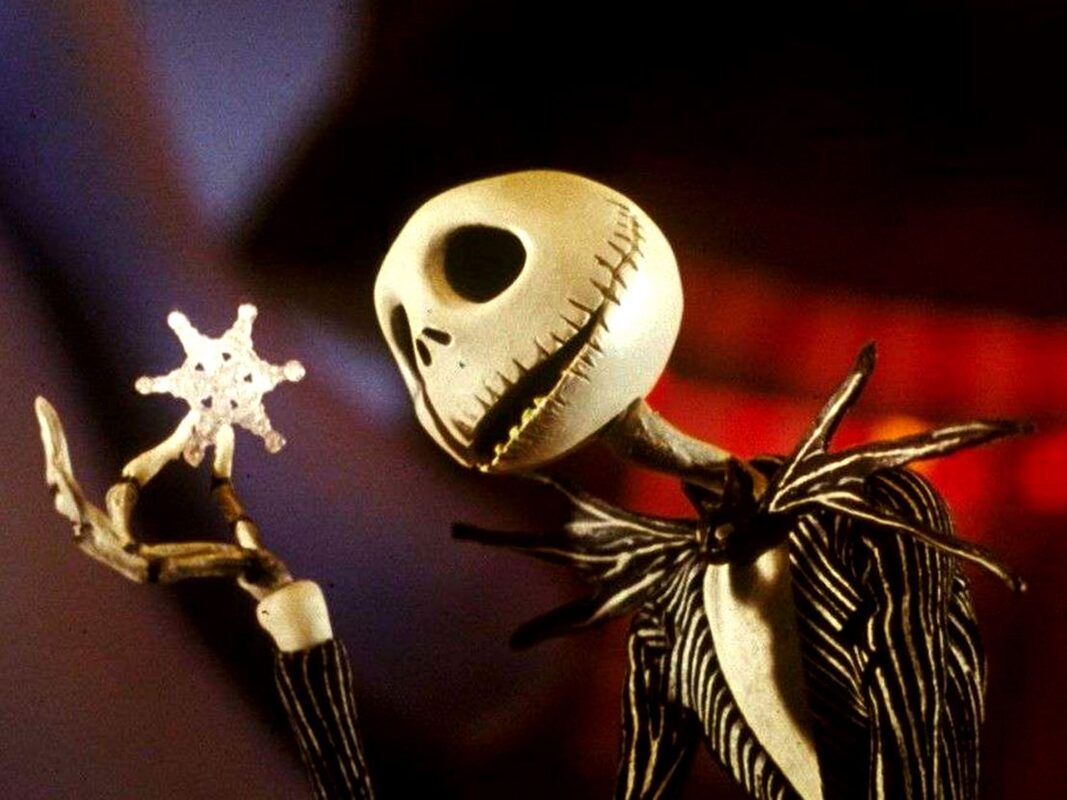
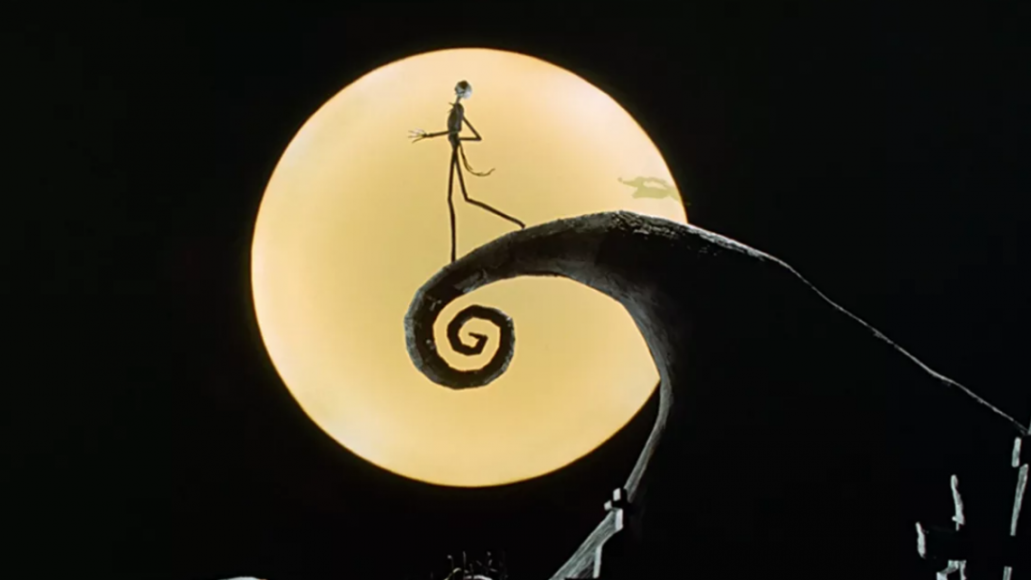
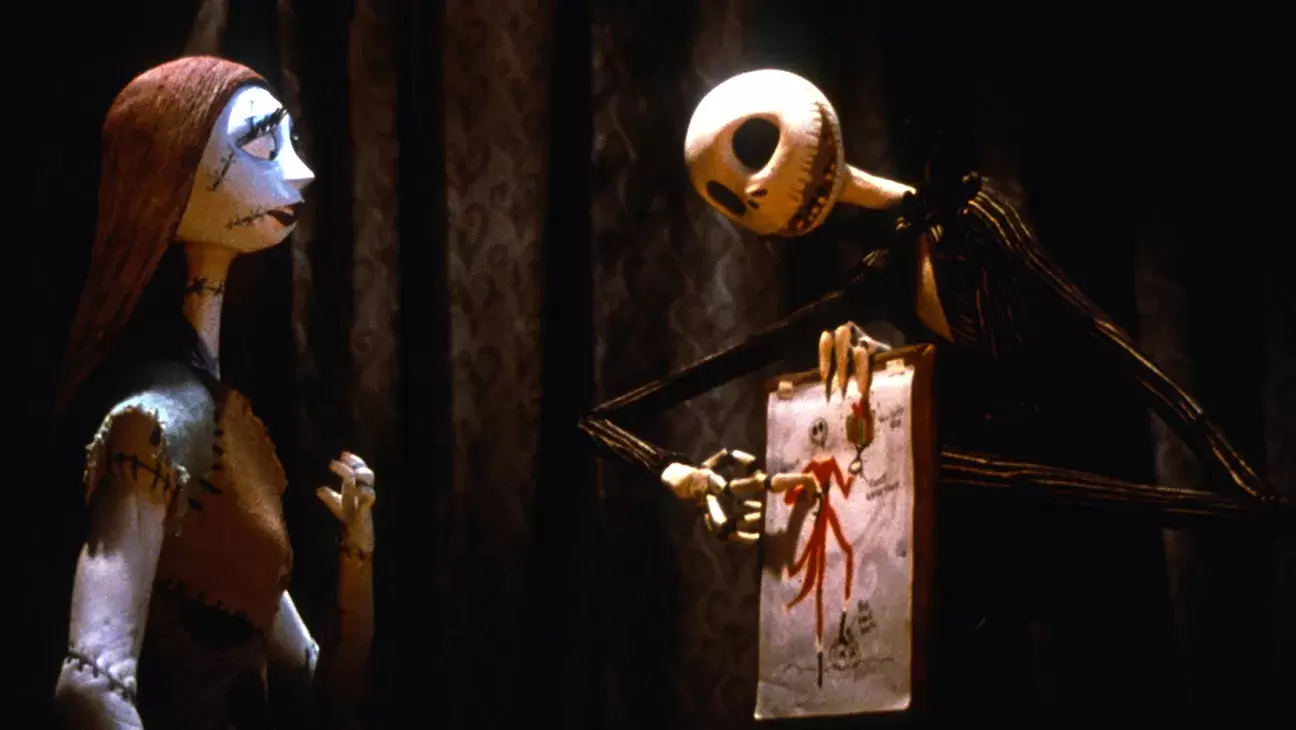
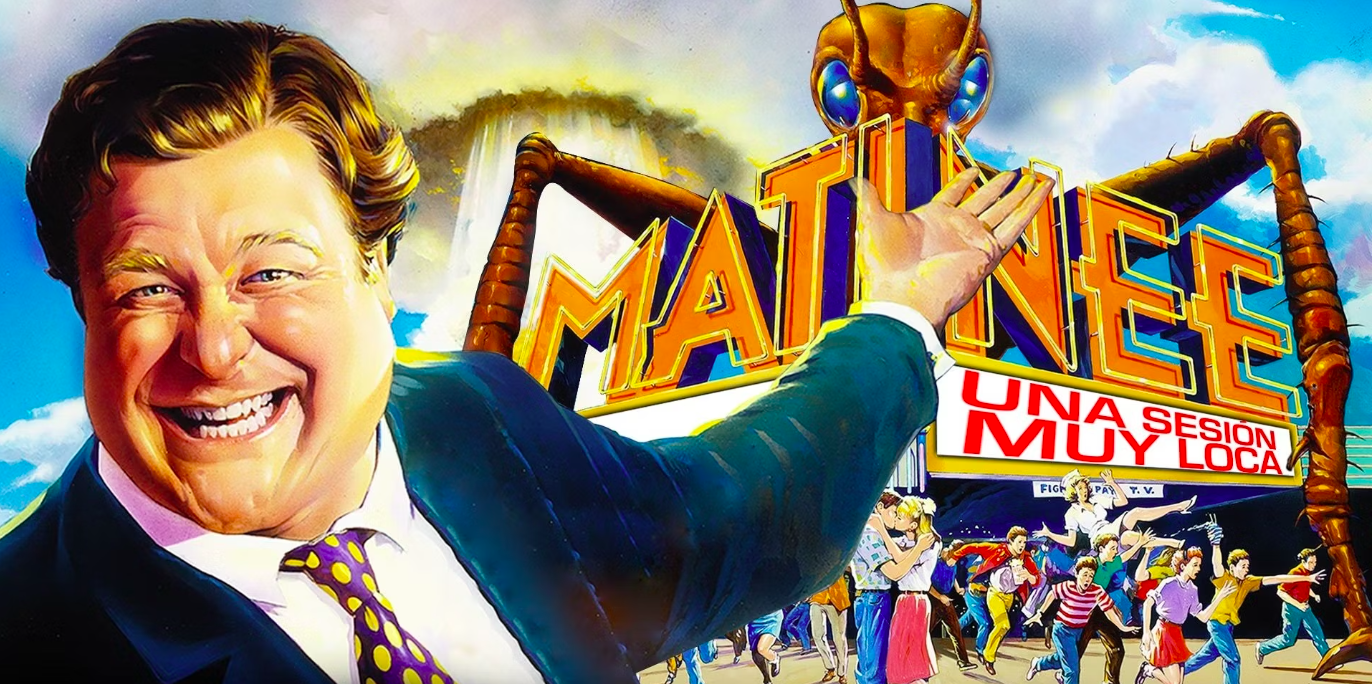
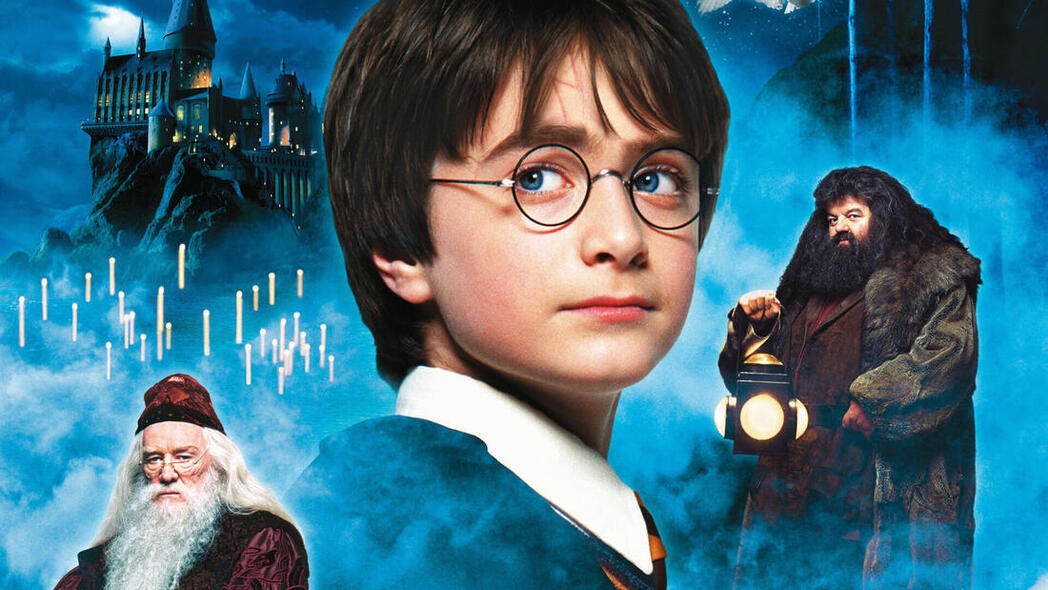
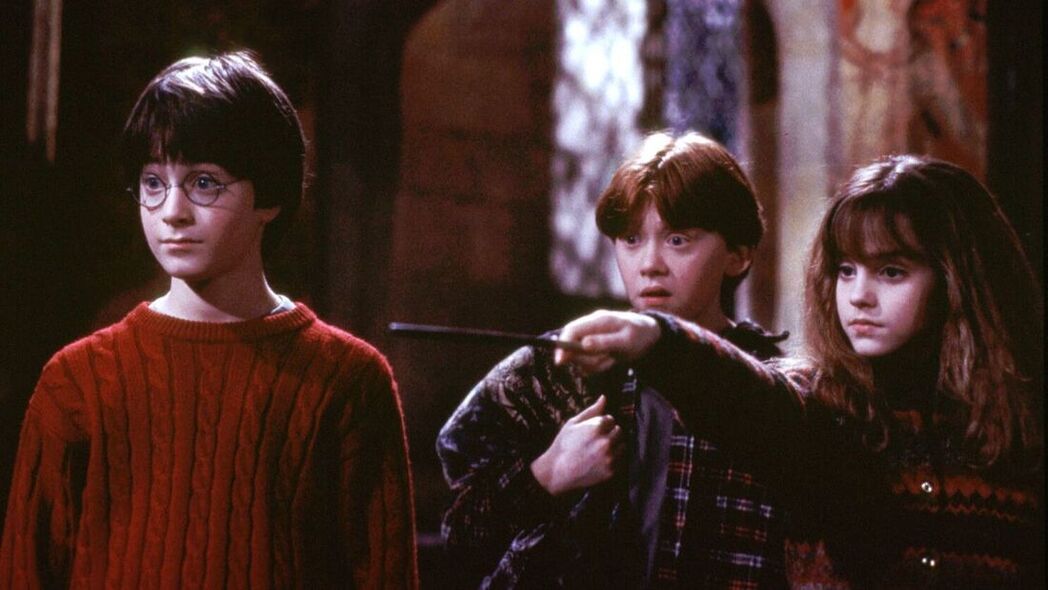
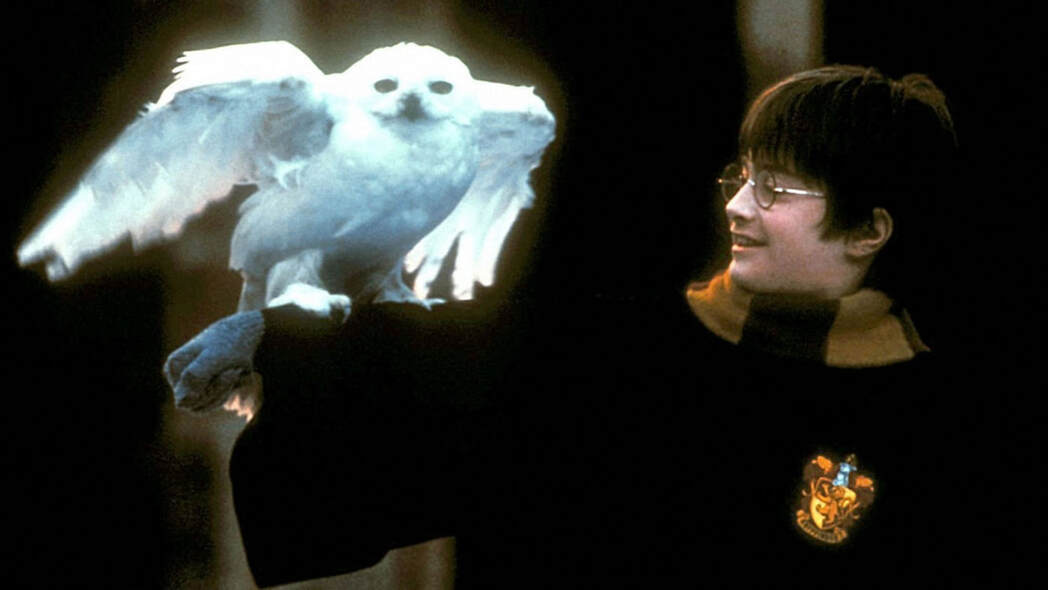
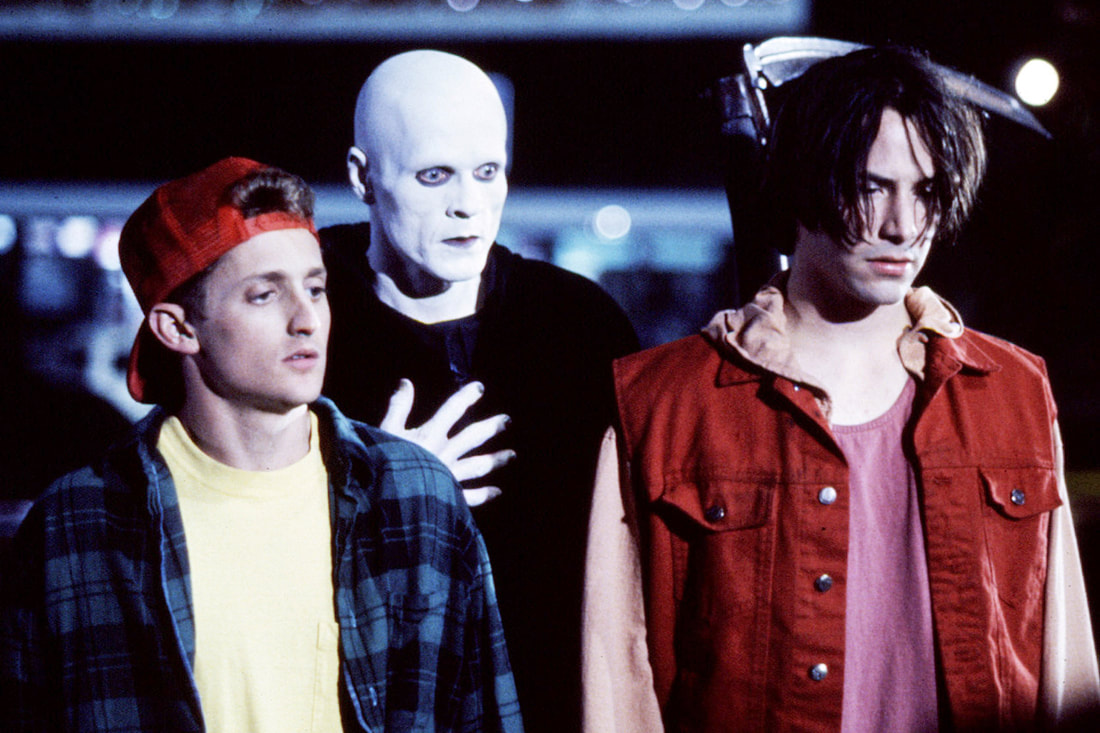
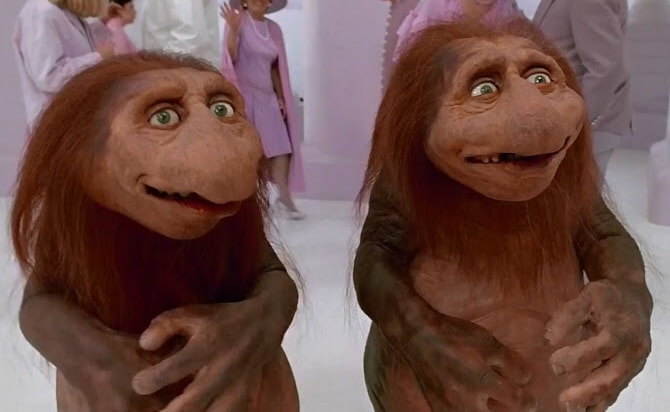
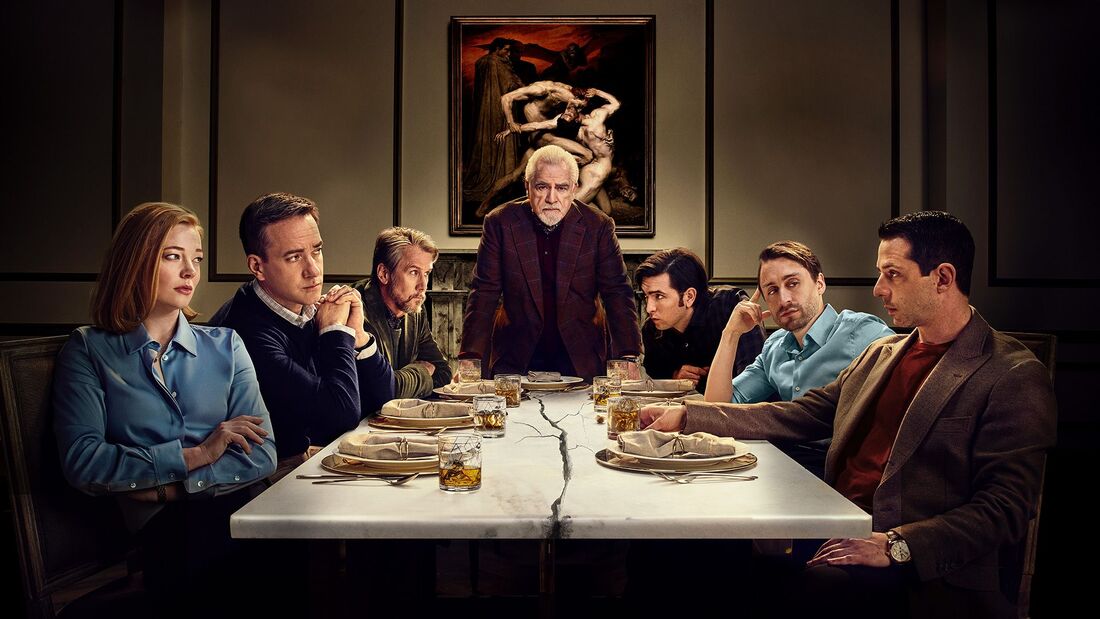

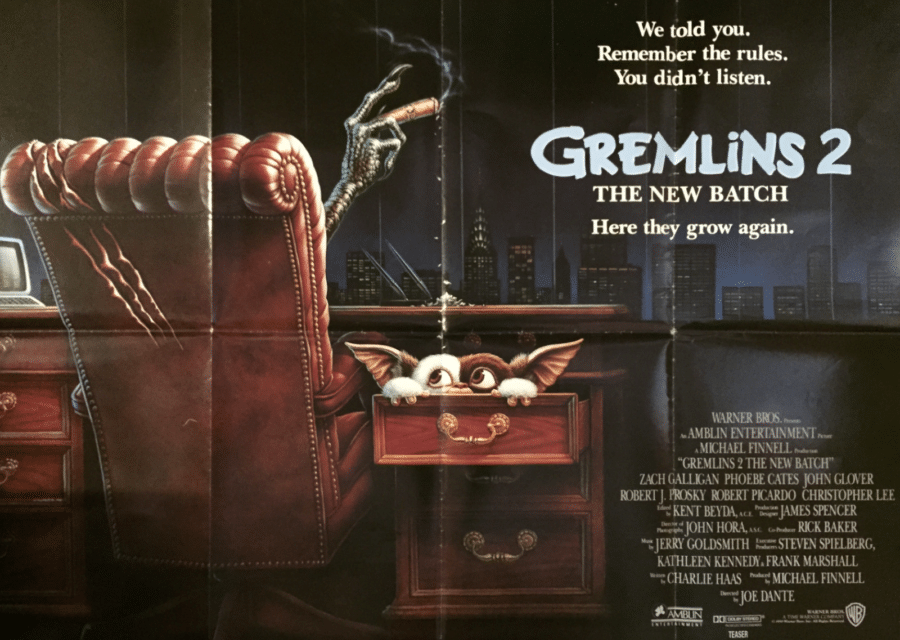
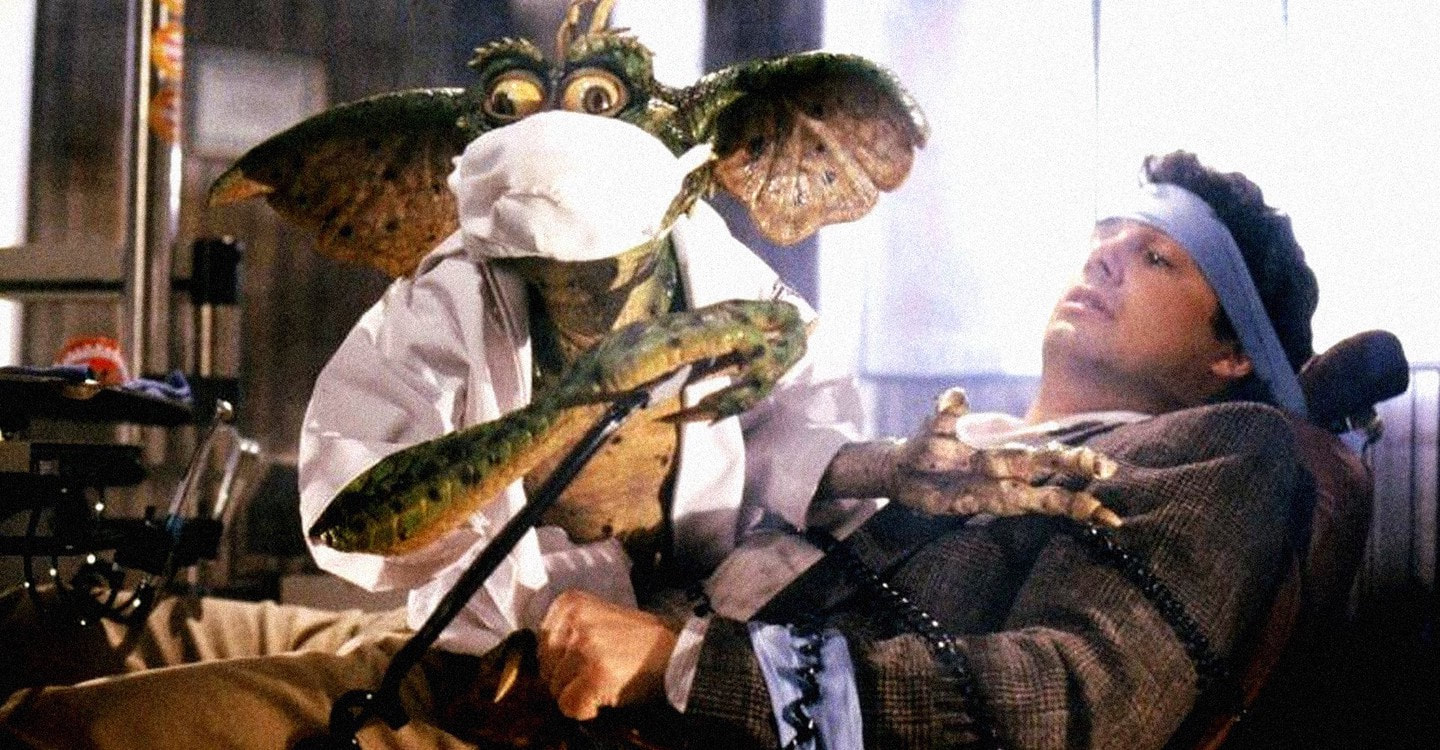
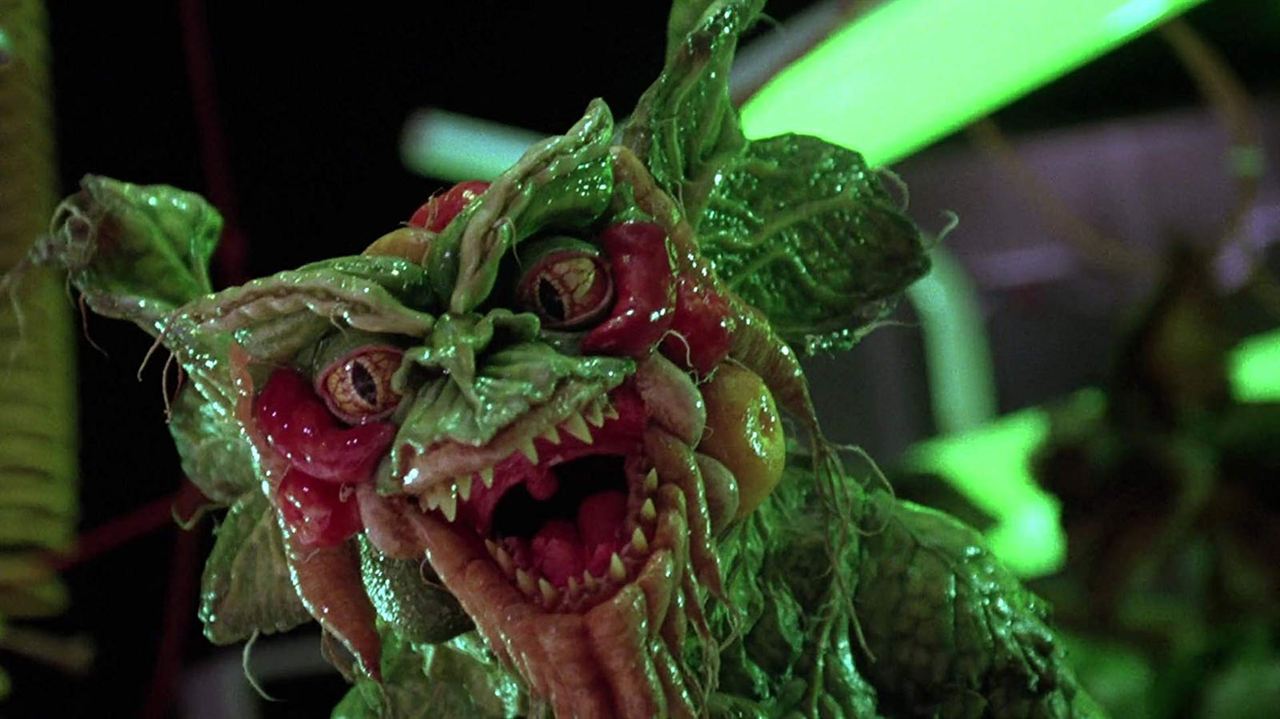
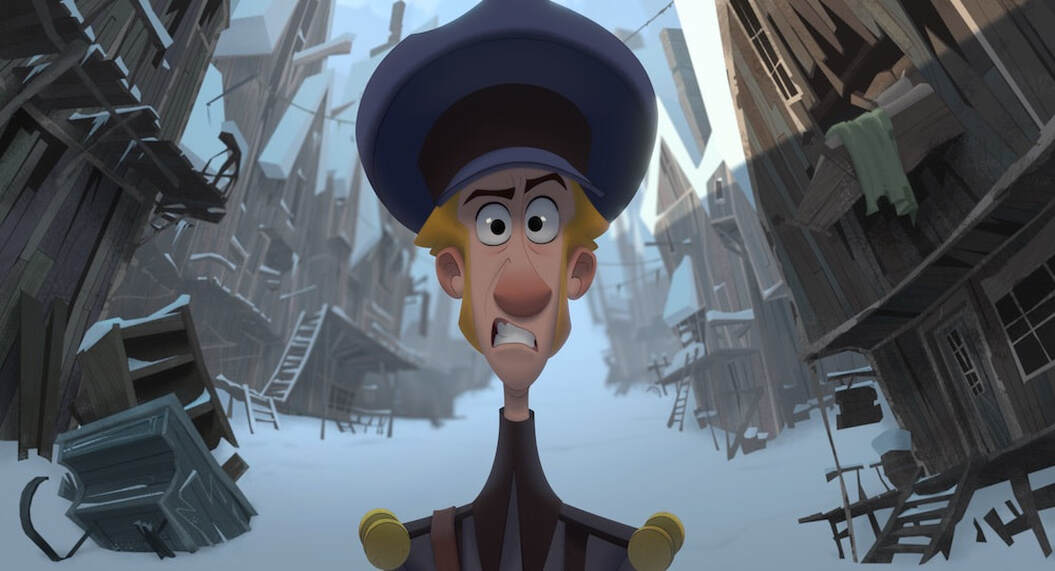
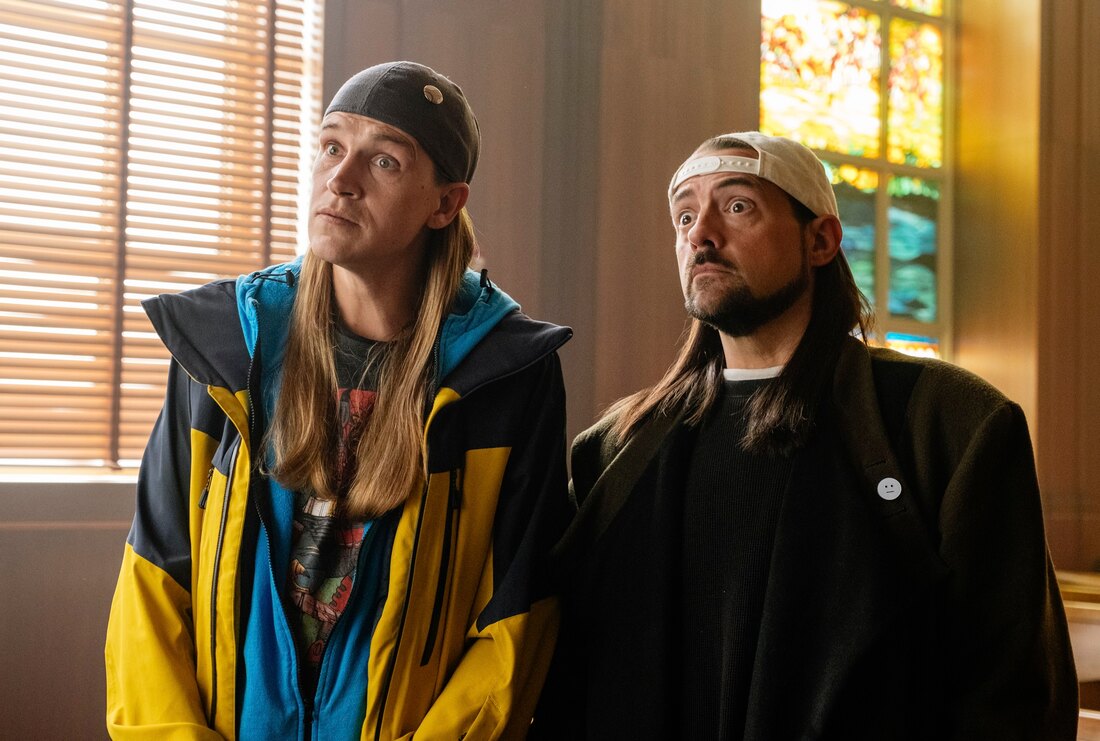
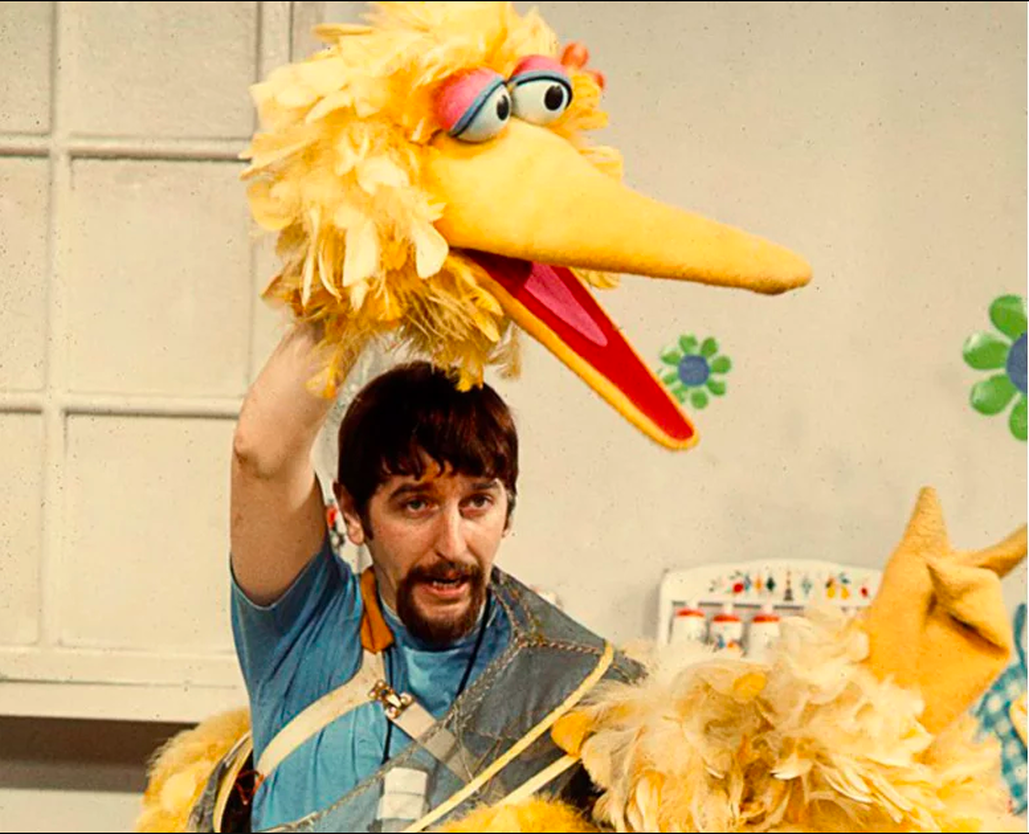
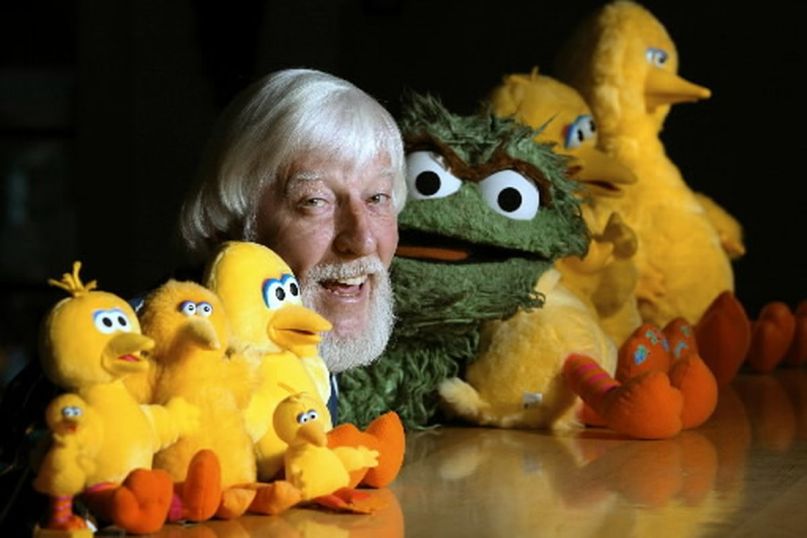
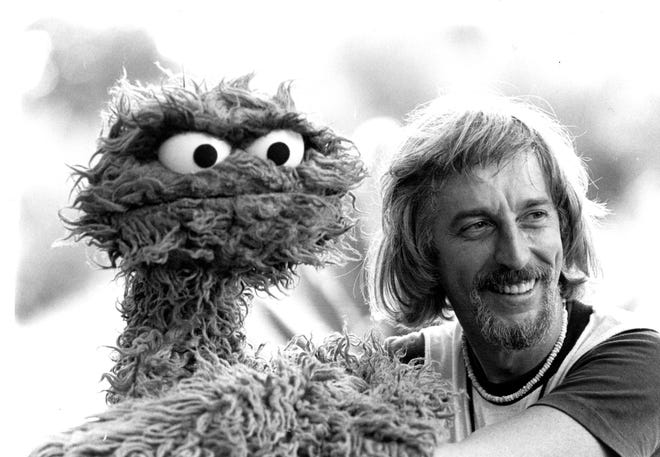
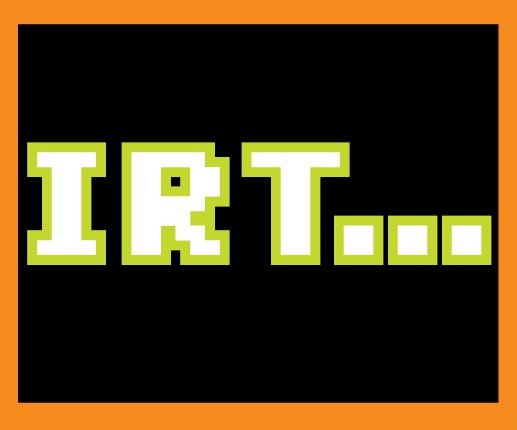
 RSS Feed
RSS Feed
